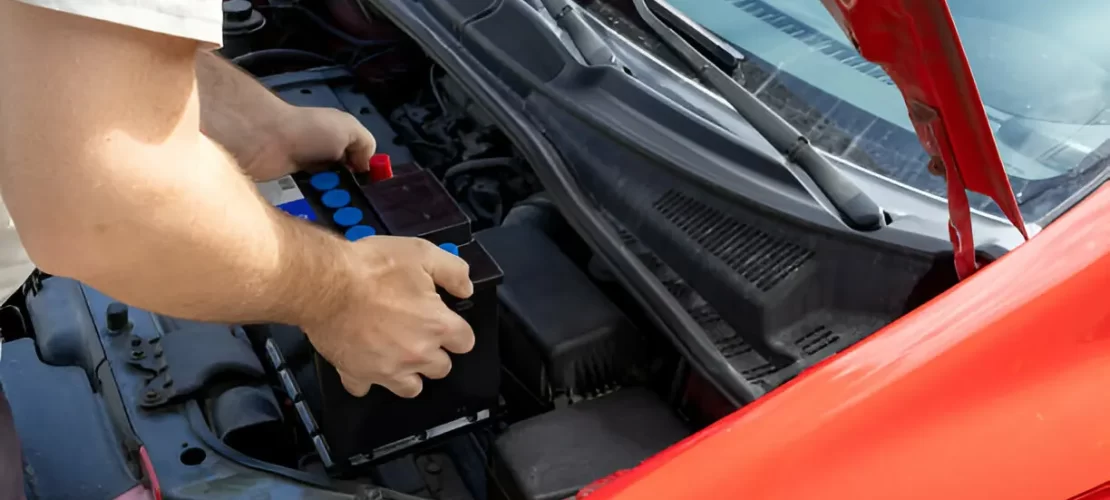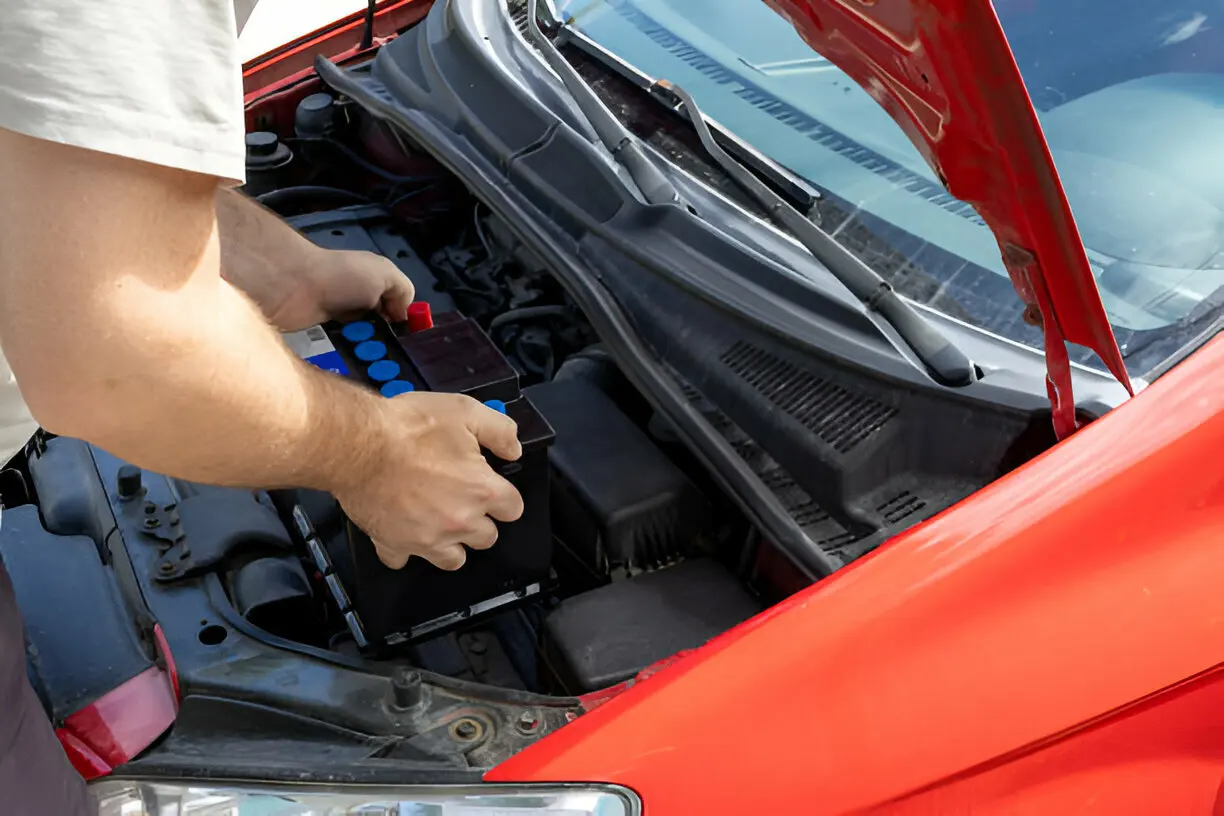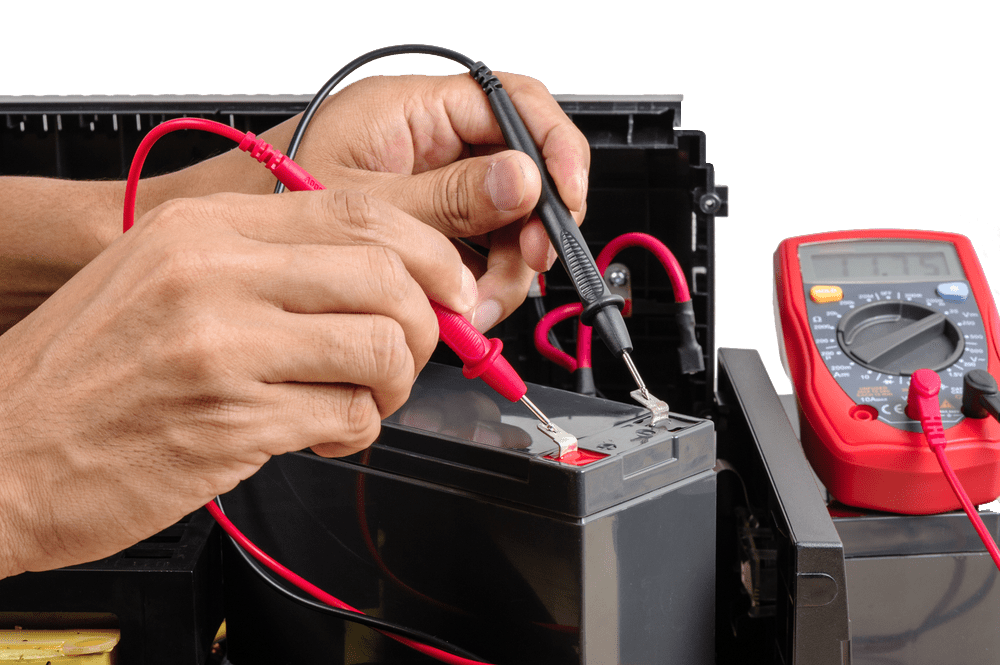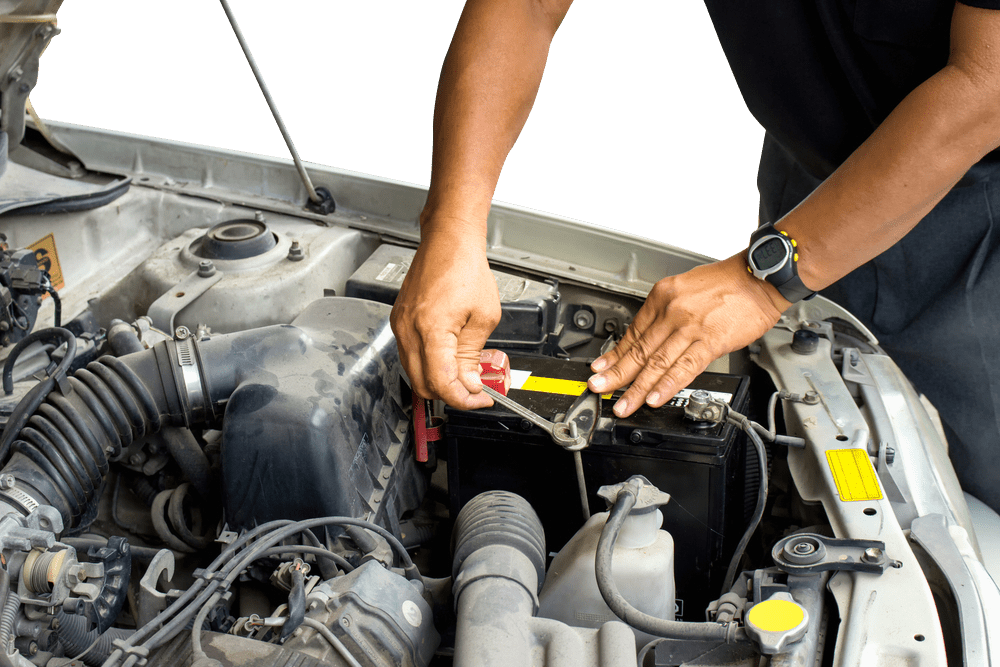- 17 Feb 2025
Can using the wrong car battery damage your car?

When it comes to vehicle maintenance, one critical component that often gets overlooked is the car battery. It’s the heart of your vehicle’s electrical system, powering everything from the engine starter to the headlights and infotainment system. But what happens if you use the wrong car battery? Can it really damage your car? The short answer is yes. Installing the wrong car battery can lead to a host of problems, some of which can cause significant damage to your vehicle. In this article, we’ll delve into why using the wrong car battery is a bad idea and how it can negatively impact your car’s performance and longevity.
Understanding the Role of a Car Battery
Before exploring the consequences of using the wrong car battery, it’s essential to understand what a car battery does. The primary function of a car battery is to provide the necessary electrical power to start the engine. Once the engine is running, the alternator takes over, powering the car’s electrical systems and recharging the battery.
The battery also stabilizes the voltage to keep your engine running smoothly. It supplies power to all electrical components when the engine is off, such as lights, radio, and alarm systems. Therefore, the right battery ensures that your vehicle operates efficiently under various conditions.
The Importance of Using the Correct Car Battery
Every car is designed with specific electrical requirements, and manufacturers recommend batteries that meet these specifications. The correct battery will have the right size, voltage, and capacity to match your vehicle’s needs. Using the correct battery ensures optimal performance, reliability, and longevity of both the battery and your vehicle’s electrical systems.

Consequences of Using the Wrong Car Battery
1. Electrical System Issues
Using the wrong car battery can lead to significant electrical system issues. If the battery’s voltage is too low, it may not provide sufficient power to start the engine or run the electrical components properly. On the other hand, a battery with too high a voltage can overload the electrical circuits, leading to blown fuses, damaged wiring, or even more severe electrical failures.
2. Shortened Battery Life
A battery that doesn’t match your car’s specifications may have a shorter lifespan. If it’s overworked due to insufficient capacity, it will degrade faster. Conversely, if it’s underutilized because it’s too powerful, it can suffer from sulfation, a condition that reduces battery efficiency and longevity.
3. Damage to the Alternator
The alternator is responsible for keeping the battery charged and supplying power to the car’s electrical systems while the engine runs. Using the wrong car battery can strain the alternator. For instance, if the battery’s capacity is too low, the alternator has to work harder to keep it charged, leading to premature alternator failure.
4. Vehicle Performance Problems
An incorrect battery can cause various performance issues. Symptoms may include dimming headlights, sluggish engine performance, malfunctioning electronic components, and difficulty starting the car. These issues can be not only inconvenient but also dangerous, especially if they occur while driving at night or in adverse weather conditions.
5. Voided Warranty and Insurance Issues
Installing the wrong car battery may void warranties on electrical system components. Manufacturers specify certain battery types for a reason, and deviating from these recommendations can lead to warranty disputes. Additionally, in the event of an accident caused by electrical failure due to the wrong battery, insurance companies may deny claims.
How to Choose the Right Car Battery
Selecting the correct battery for your car is crucial. Here are some factors to consider:
1. Size and Terminal Configuration
Batteries come in various sizes, known as group sizes, which refer to the battery’s physical dimensions and terminal locations. Using a battery that’s too big or too small can cause fitting issues and may lead to improper connections, increasing the risk of electrical problems.
2. Cold Cranking Amps (CCA)
CCA is a rating used in the battery industry to define a battery’s ability to start an engine in cold temperatures. A battery with insufficient CCA may struggle to start your car in cold weather, while a battery with excessive CCA isn’t necessarily better and may not meet the manufacturer’s recommendations.
3. Reserve Capacity (RC)
RC indicates how long a battery can supply adequate voltage without the engine running. This is important if you use electrical components when the engine is off. Ensuring the battery has the appropriate RC helps maintain the vehicle’s electrical stability.
4. Battery Type
There are different types of batteries, such as lead-acid, AGM (Absorbent Glass Mat), and gel cell. Some modern vehicles require specific battery types due to their advanced electrical systems. Always check your owner’s manual or consult with a professional to determine the correct battery type for your car.
5. Consult the Owner’s Manual or a Professional
Your vehicle’s owner’s manual provides the manufacturer’s recommendations for the correct battery specifications. If you’re unsure, it’s wise to consult with a trusted mechanic or automotive specialist who can guide you in choosing the right battery.
Signs You’ve Installed the Wrong Car Battery
If you’ve recently replaced your car battery and are experiencing issues, it’s possible you’ve installed the wrong one. Here are some signs to watch for:
- Difficulty Starting the Engine: If the engine cranks slowly or takes longer to start, the battery may not have adequate power.
- Electrical Component Malfunctions: Flickering lights, erratic behavior of the infotainment system, or other electronic glitches can indicate voltage issues.
- Warning Lights on the Dashboard: The battery or check engine light may illuminate if there are problems with the electrical system.
- Unusual Noises: Clicking sounds when starting the car can be a sign of insufficient power from the battery.
- Frequent Need for Jump-Starts: If the battery frequently dies and requires jump-starting, it may not be the right fit for your car.
Preventing Damage from the Wrong Car Battery
To avoid the pitfalls of using the wrong car battery, consider the following steps:
1. Verify Battery Specifications
Always cross-reference the battery’s specifications with those recommended in your vehicle’s owner’s manual. Ensure that the size, CCA, RC, and type match what’s required for your car.
2. Purchase from Reputable Sources
Buy your battery from reputable dealers or automotive parts stores that can provide guidance and confirm compatibility with your vehicle.
3. Regular Maintenance
Keep your battery terminals clean and free from corrosion. Regularly check the battery’s condition, especially before extreme weather conditions.
4. Professional Installation
Consider having the battery installed by a professional mechanic. They have the tools and expertise to install the battery correctly and ensure it’s the right one for your vehicle.
5. Stay Informed
Stay updated on recalls or notices from your vehicle’s manufacturer regarding battery issues. Regularly servicing your car can help catch potential problems early.
Conclusion
Using the wrong car battery is more than just a simple mistake—it can damage your car in various ways, from causing electrical system issues to shortening the lifespan of both the battery and the alternator. It’s essential to understand the importance of matching your vehicle with the correct battery specifications to ensure optimal performance and safety.
By taking the time to select the right battery and paying attention to signs that you may have installed the wrong one, you can prevent potential damage and costly repairs. Remember, when it comes to car maintenance, the details matter. Don’t let the seemingly small detail of a car battery become a significant problem. Always use the correct battery for your vehicle to keep it running smoothly and safely.











